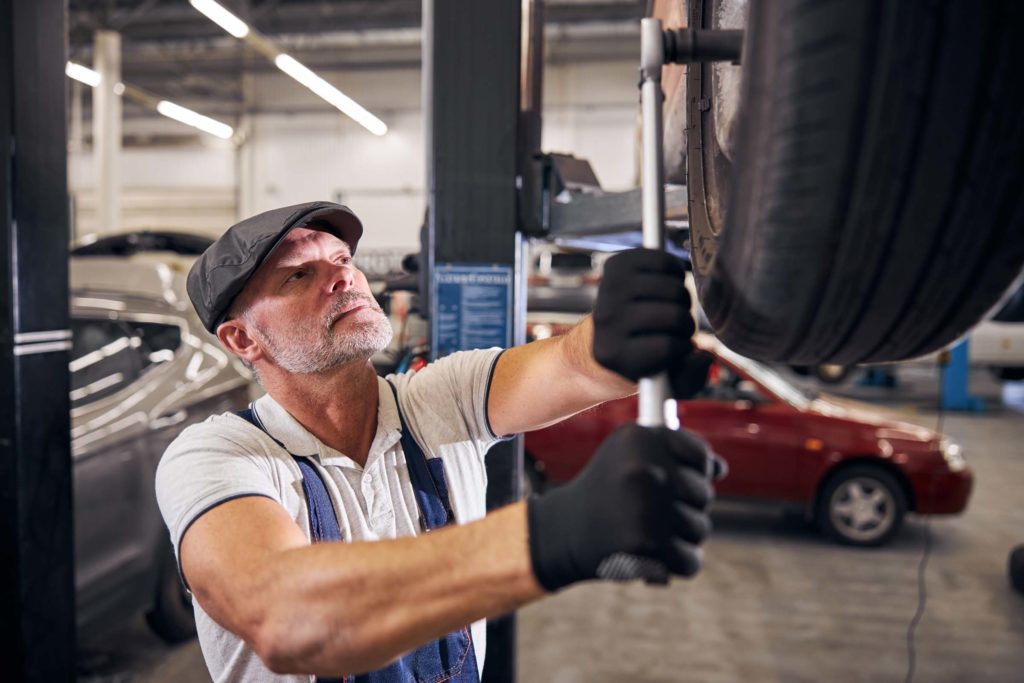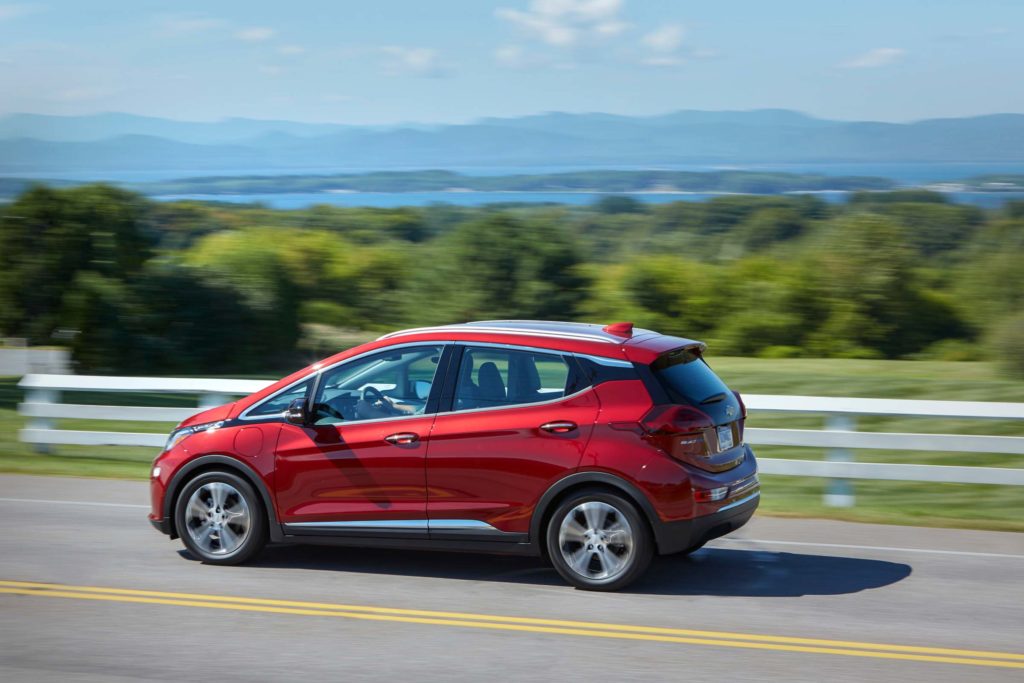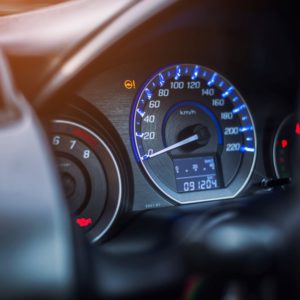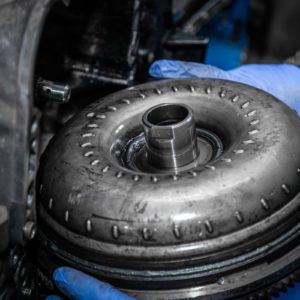Torque has always played a major role in your car’s road performance. However, many people overlook it, focusing more on other performance indicators, like horsepower, top speed, and acceleration. In fact, not all veteran drivers can explain what torque is, much less what it does for their cars.
The rise of electric vehicles (EVs) on the road has changed this. While conventionally powered vehicles draw more on the horsepower produced by their internal combustion engine, EVs rely more on the torque generated by the motors that power their wheels.
Knowing what is torque in cars will help current and future EV owners understand how their vehicles operate.
What Is Torque?
Torque is known as “rotational force” to differentiate it from linear force, which accelerates an object in a straight line instead of rotating it.
Many day-to-day activities involve the use of torque. When you open a jar’s lid or use a wrench to fasten or unfasten a nut and bolt, you are applying torque on something to rotate it.
Engine torque is a physical quantity that indicates the amount of rotational twisting force that the engine produces at the crankshaft. It refers to the force applied on the drive shaft to rotate the part.

What Is Torque Measured In?
Torque has two units of measurement: newton-meters (Nm) or pound-feet (lb-ft). Of the two, lb-ft is the most commonly used measurement in the United States.
What Is the Torque Formula?
The formula for engine torque is force times radius (Torque = Force x Radius).
What Does High Torque Do?
Torque accelerates your vehicle while horsepower is the speed attained and maintained after acceleration. You may find yourself in need of one more than the other.

Torque accelerates your vehicle while horsepower lets your vehicle maintain its speed after accelerating. You may need one more than the other to meet your specific use for your car. It should be noted that torque can also operate differently for different types of engines and power sources.
Torque in Vehicles With Internal Combustion Engines
Car manufacturers develop internal combustion engines to generate high torque as early as possible. This design ensures reliable acceleration, which improves the driving experience.
However, even the most efficient gasoline or diesel engine cannot eliminate the lag between stepping on the gas pedal and torque generation. The car will always take a moment before it can speed up.
Torque in Electric Vehicles
One of the biggest advantages of EVs is their instantaneous acceleration. They do not have the lag between stepping on the accelerator pedal and the engine producing torque. Instead, their electric engine produces full torque the moment the driver uses the accelerator.
Furthermore, electric cars often have a single-speed automatic transmission. Thanks to this transmission, EVs can accelerate smoothly without the need to shift between gears. When combined with their ability to generate maximum engine torque instantly, EVs can take you to your destination comfortably and smoothly.

The most efficient internal combustion engine can reach high torque at a low RPM. But an electric motor trumps that by hitting the maximum amount of torque at a low engine rotation speed.
Torque and Engine Power
Most engines produce high torque at low engine rotation speeds. EVs generate the maximum amount of torque immediately. Once the torque hits its highest value, the vehicle can no longer speed up its acceleration.
Increasing the engine rotation speed not only raises engine power but also lowers the torque. Once the transmission shifts up a gear, be it manually or automatically, the engine speed will drop while the torque level rises.
High Torque vs. High Engine Horsepower
By now you’re wondering what’s more important–high torque or high power. It’s a good idea to consider what you usually do and plan to do on the road.
Do you prefer or expect to drive at high speeds? Is a high top speed important for you? You should get a car with plenty of horsepower.
Are you looking for a car that makes you feel like you’re in a jet as it goes from zero to sixty? That feeling of sinking into the back of your seat? You love acceleration, so you should pick a car that delivers high torque.
Conclusion
Engine torque is important for both EVs and conventional cars. If you want to learn more about the advantages of electric vehicles over gas vehicles, check out this article.
Any information provided on this Website is for informational purposes only and is not intended to replace consultation with a professional mechanic. The accuracy and timeliness of the information may change from the time of publication.


















